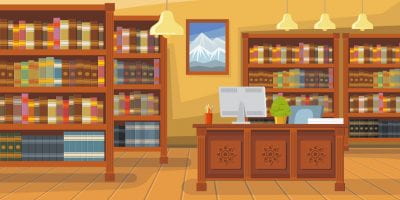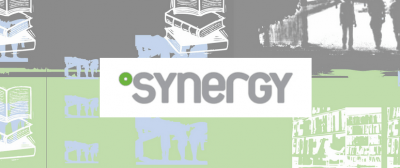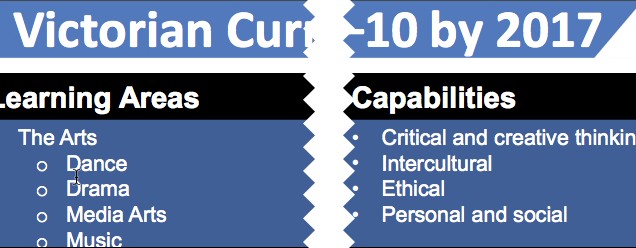Disclaimer – This post is not intended to replace and or substitute any medical or governmental advice. The suggestions below are merely suggestions and as such are shared in good faith and open for discussion. While every effort is made to ensure that the material is accurate and up to date, we do not guarantee or warrant the accuracy, completeness, or currency of the information provided.
As some students and staff return to, or plan to return to school, and items, of various kinds, are returned to the library it is important that we have a range of procedures in place to keep the community safe.
Over the past few weeks, our membership discussion forum has enabled SLAV members to share their ideas around practices and procedures that they have found helpful. We are sharing those ideas and practices here for wider community access. We encourage members to continue to share and contribute to the discussion forums HERE.
Most of our members are placing returned items on a separate trolley or in a seperate space, and leaving them there for at least 24 hours before wiping them down with antibacterial or antiseptic wipes and returning them to shelves. Many are leaving returned items aside for 3 days or more, some up to a week.
For many libraries, there has been a suspension of hiring items such as headphones during this time, as they are harder to sanitise effectively. Questions around the sanitisation of laptops, calculators and other hardware have been asked, as these items should not be subjected to sanitising sprays and wipes due to their potentially corrosive nature.
There has also been much discussion around capping numbers of students and staff in the library at any given time, and how to manage this, particularly with winter approaching and students wanting access to indoor spaces rather than being outside in the weather.
ALIA has developed an extremely comprehensive guide that not only provides guidelines for best practice, but document templates for planning library reopening. You can download this document HERE.
ALIA Safety Guidelines are as follows –
Physical distancing
Maintain at least 1.5 metres distance between people.
• Rearrange furniture and computer facilities.
• Provide a separate entrance and exit to the space.
• Mark out the distance from the main service points, to minimise
face-to-face interaction.
• Ask people who are feeling unwell to stay away from the library.
Limit the usage of the space to one person per 4 square metres
• Calculate the area of the public floor space. Divide the area by four. Limit the
number of people in the space (including staff) to this number.
• Set up a safe queueing space outside the library – marking every 1.5 metres on
the ground.
Safe handling of physical materials
• Wear gloves when moving collections into quarantine and remove them
immediately afterwards.
• Ask visitors to use self-checkout machines to minimise the exchange of
physical items.
• Avoid handling cash or credit cards – use ‘tap and go’ if receiving payments.
Sanitising objects and surfaces
• Provide hand sanitiser and/or alcohol-based soap for staff and visitors.
• Clean and disinfect computer equipment between uses.
• Avoid the sharing of close-contact equipment such as headphones and
VR headsets.
Quarantining and sanitising collections
• For paper-based products, leave books untouched in a dedicated quarantine
area for a 24-hour period prior to handling and recirculating. Sanitising books with
liquid disinfectants can damage books and is not recommended.
• For DVDs or other materials with plastic covers, wipe them down with alcohol wipes.
• Clean and disinfect hard, high-touch surfaces, such as railings, doorknobs, faucets,
light switches, at least once a day – more often if possible.
This information has been gathered based on guidelines provided by Safe Work Australia (4) and advice provided by the Institute of Museum and Library Services (ILMS) (5) and the Northeast Document Conservation Center. (6)
The American Libraries Magazine has also published a informative article addressing many of these issues, you can read it HERE.













